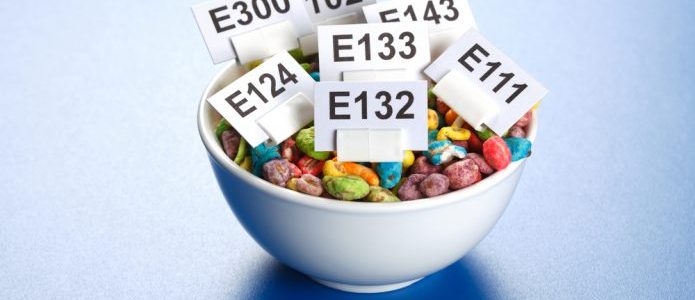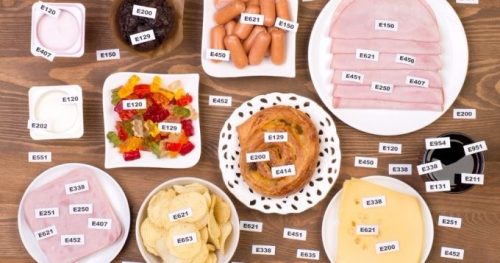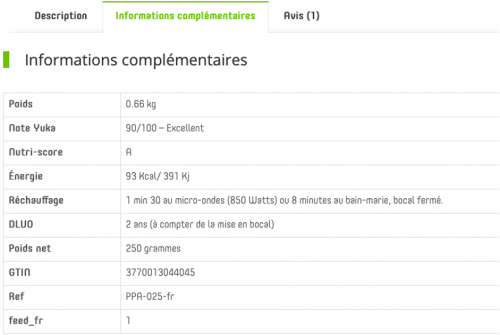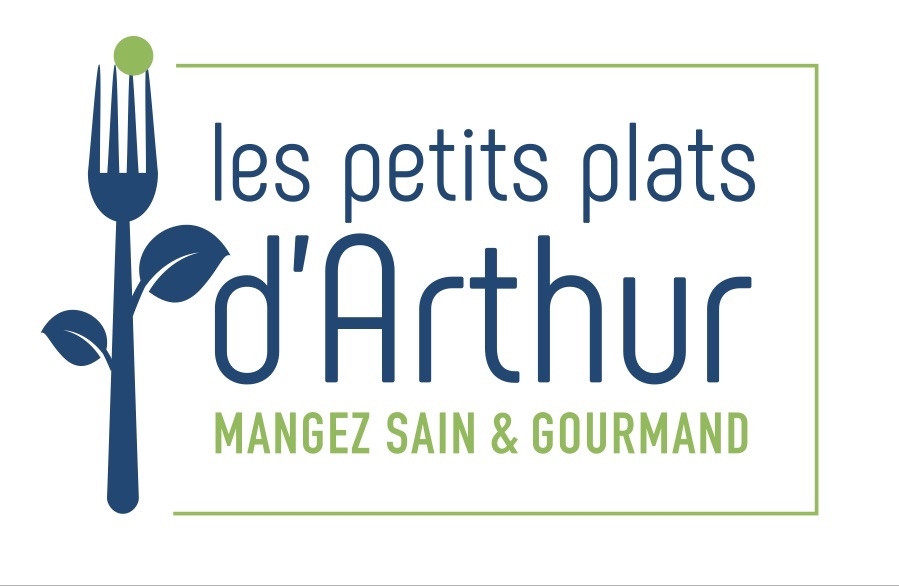
Have you ever wondered what E420 or E100 are? What do they mean? What are they used for? Did you know that more than 300 food additives are used in the products we consume in France? Have you ever heard of zootechnical additives?
This month, the “Petits Plats d’Arthur” team tries to explain what food additives are.
What is a food additive?
Food additives are substances added at the time of manufacture of the product, during its processing phase with the aim, among others, of attracting the consumer with an aesthetically more “beautiful” product.
Food additives are found in products intended for humans but also for animals, these are called zootechnical additives.
There are two types of additives:
- The additives known as “natural” which are micro-organisms taken from algae, plants or minerals. They have been used since antiquity, especially coarse salt, for food preservation.
- The synthetic additives that appeared in the twentieth century during the industrialization of production methods.
Les additifs alimentaires remplissent différentes fonctions dans le produit fini :
- To guarantee the sanitary quality of food, what is commonly called preservatives;
- To improve the appearance and taste: these are the colorants and sweeteners;
- To give a particular texture with the setting agents for example;
- Garantir la stabilité du produit en utilisant les stabilisants.
Whatever the type of additive or its function, it is mandatory to mention it in the list of ingredients found on the product label. They can be read in two forms, their scientific name or their acronym (E + a number between 100 and 1522). (Source: ANSES)
The ultra-processed products, in particular by additives, are controlled in Europe by the EFSA (European Food Security Authority).
An awakening of consciousness?
During our research, we realized that several food additives were not considered dangerous and were therefore legal in France and the European Union. There are currently 300 of them. Their use is not forbidden but requires a particular attention as for the dosage in the finished products (Source: USP Que Choisir ?)
It is therefore up to the consumer to ensure that they do not exceed their Acceptable Daily Intake (ADI). In addition, many studies show that children are the most likely to consume additives in excessive quantities.
But for a few years now, as food scandals have multiplied, less scrupulous manufacturers have been trying to improve their image. It is now rare to find additives called “cosmetic” in our consumer goods, they are only used to mask a poor quality product. This is the phenomenon of “clean-labelling“, which means removing all unnecessary food/additives from the product to avoid overloading it.

Distributors are also taking the “no additives” consumption niche, undoubtedly understanding the awakening of French consumers’ awareness. For example, you can find the “L’Essentiel” range at Intermarché, which includes 34 products guaranteed without additives to this day, or Carrefour and U chains, which are removing products containing certain types of additives from their shelves.
So, new means have been put in place to detect food products full of additives such as the Yuka application or the Nutriscore (which will be the subject of a future article on the PPA’s blog).
But is all this enough?
Not at all if we believe the report of real fraud controls by the DGCCRF (Direction Générale de la Concurrence, de la Consommation et de la Répression des Fraudes) of 2017. These indicate that on the 19 establishments controlled that year, it was referenced 84% of non-compliances, among others due to a lack of transparency on the product label.
What about the PPAs?
Les Petits Plats d’Arthur is a very good student in this field. Not only do we guarantee gluten-free and lactose-free dishes, but also no additives or preservatives.
We are rewarded with delicious grades from Nutriscore, which only displays A’s (except for the Chocolate Cake, but what wouldn’t we do for chocolate?), but also from Yuka, which gives an “Excellent” grade to all of our recipes (except for the Chocolate Cake). We proudly display them on the product sheet of each of our dishes.

So our ready-cooked meals are proof that greed can be healthy, virtuous and most importantly, additive-free! 🤩

One thought on “Food additives: a danger?”